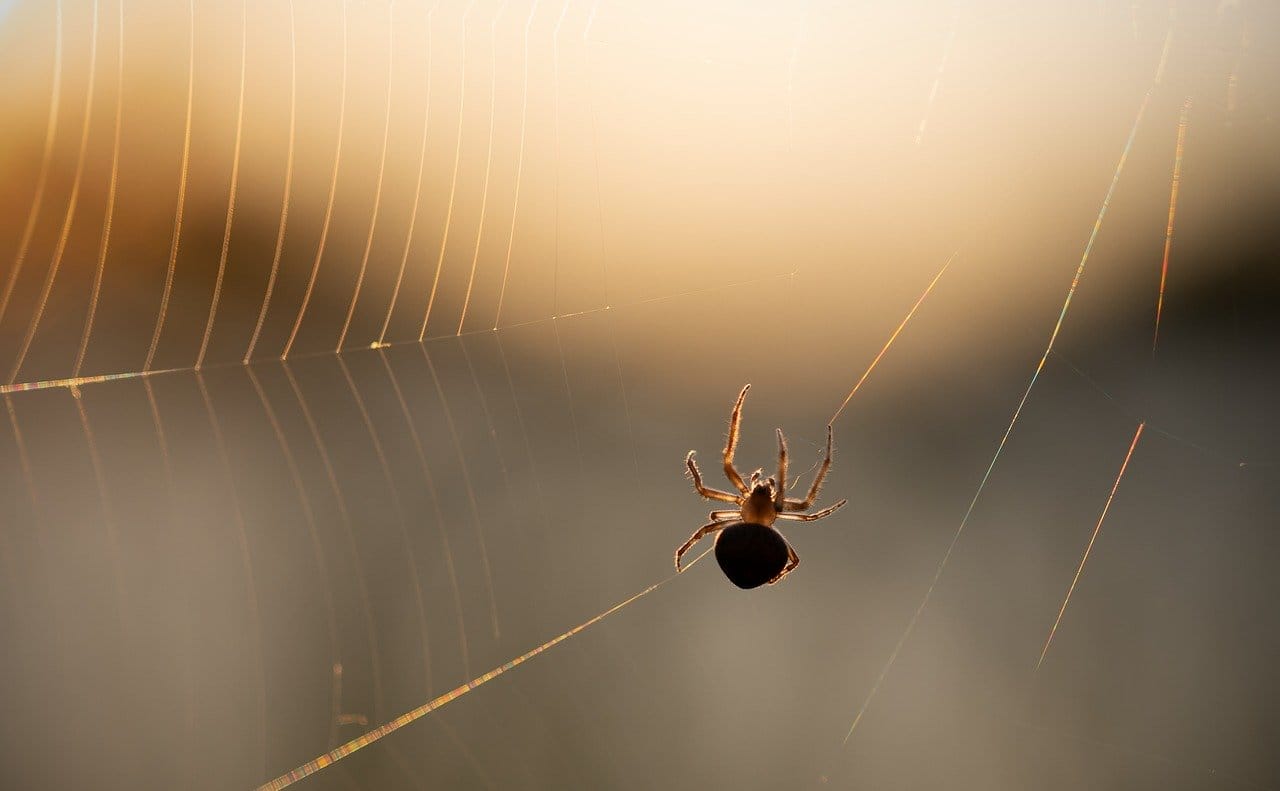Spider bites can be confusing and sometimes scary. Many people wonder, “Is it serious?” Most spider bites are harmless and heal quickly.
Yet, some spider bites need medical attention. Do you know when to see a doctor for a spider bite? It’s essential to understand the risks.
Certain spiders can be dangerous, causing infections or allergic reactions. Pest control services can help prevent spider issues in your home. They offer solutions to manage these unwanted guests.
Knowing when to seek medical help is crucial. Let’s explore this topic to keep you and your family safe.
Identifying Dangerous Spiders
The first step in understanding the risks of spider bites is to know which spiders are dangerous. In the United States, the two most common venomous spiders are black widows and brown recluses. Black widow bites can cause severe abdominal pain and muscle spasms, while brown recluse bites can lead to tissue damage and skin necrosis.
Other harmful spiders include hobo spiders, yellow sac spiders, and wolf spiders. While their bites may not be as dangerous as those from black widows or brown recluses, they can still cause allergic reactions or infections.
If you live in an area known for these types of spiders, it’s important to educate yourself and your family on what they look like and where they are commonly found. This knowledge can help you avoid potential encounters and reduce the risk of being bitten.
When to See a Doctor
In most cases, spider bites do not require medical attention as they heal within a few days. Yet, if you experience any of the following symptoms after a spider bite, it’s essential to seek medical help immediately:
- severe pain
- difficulty breathing
- nausea or vomiting
- fever and chills
- muscle cramps
- swelling beyond the bite site
These symptoms could indicate an allergic reaction or infection from the spider’s venom. It’s crucial to get medical treatment as soon as possible to prevent any complications.
Prevention and Treatment
Preventing spider bites starts with keeping your home environment safe and reducing the chance of spiders entering in the first place. Regular cleaning and removing clutter from spaces like basements, garages, and attics can discourage spiders from making these areas their home.
Sealing cracks and using weather-stripping around doors and windows is also effective. For extra peace of mind, consider pest control services at EnviroGuard. They can provide solutions tailored to your home’s needs to manage and prevent spider issues.
If you get a spider bite, clean the area with soap and water, apply a cold compress to reduce swelling, and avoid scratching. If there are signs that require medical attention, consult a doctor.
Learn When to See a Doctor for a Spider Bite
Understanding spider bite risks is very important. Most spider bites are harmless and heal without medical help. Recognize dangerous spiders like the black widow and brown recluse.
Prevention is key to reducing spider encounters in your home. Clean regularly and seal entrances to keep spiders out.
If unsure, consult fumigation experts for effective pest solutions. Seek medical attention if you notice severe symptoms. Stay informed and protect your family from spider bites.
Did you find this article helpful? If so, check out the rest of our site for more informative content.




